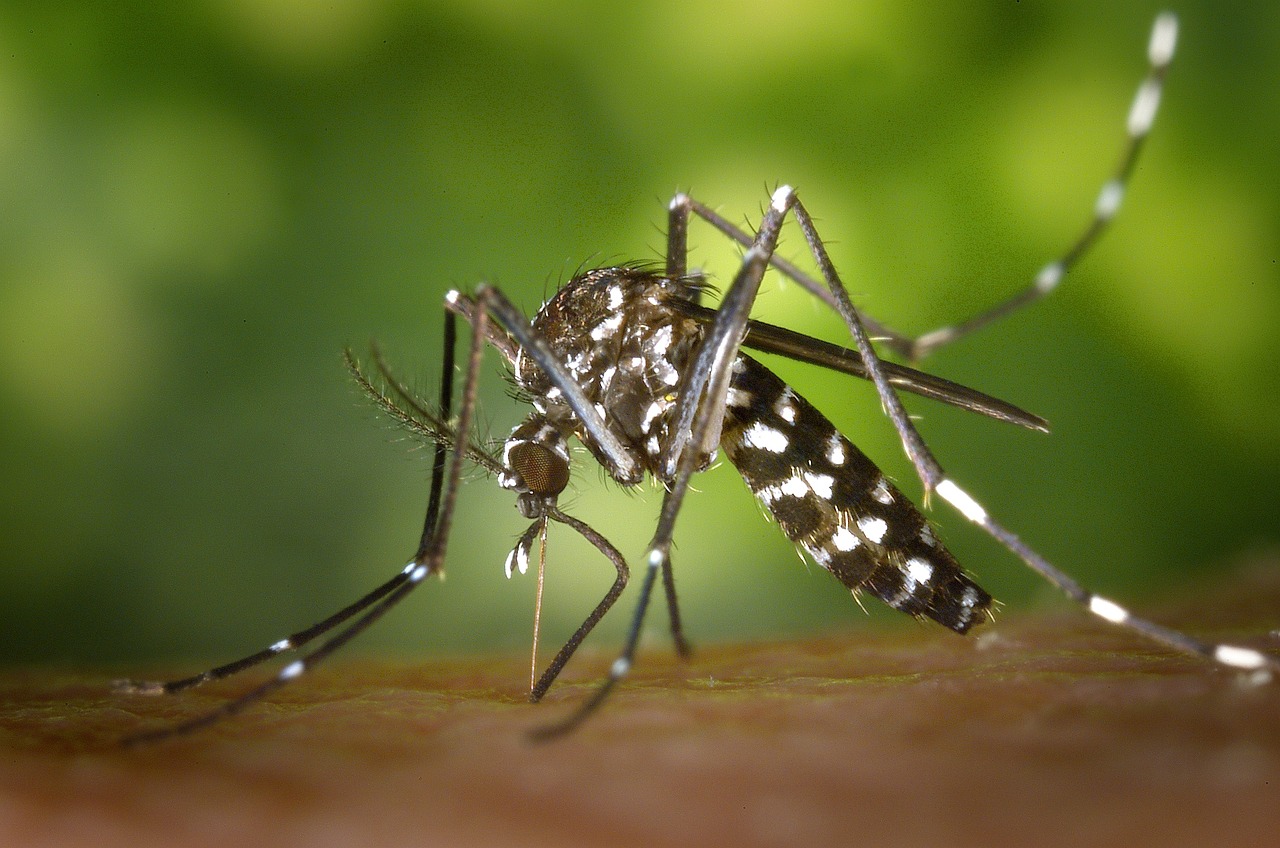Many people think of malaria when they travel to Africa. And many people travel to Kruger National Park in South Africa. This raises the question of whether malaria also exists in the Kruger or if Kruger National Park is malaria-free. But what is malaria, where does it occur and how can I protect myself? This is what you can find out here!
What is Malaria?
Malaria is a life-threatening disease caused by the Plasmodium parasites.
It is a parasitic infection transmitted through the bites of infected female Anopheles mosquitoes. Several species of Plasmodium parasites can infect humans, with Plasmodium falciparum being the most deadly. Other species include Plasmodium vivax, Plasmodium ovale, Plasmodium malariae, and Plasmodium knowlesi.
Where does Malaria occur?
Malaria occurs in parts of Africa, Asia, the Middle East, Central and South America, the Caribbean, and the South Pacific. The risk of infection is highest in areas with a warmer climate and high mosquito activity. It occurs mainly in tropical and subtropical regions.
How do you get infected with Malaria?
When an infected mosquito bites a person, it injects the malaria parasites into the bloodstream. The parasites then travel to the liver, where they mature and reproduce. After multiplying in the liver cells, the parasites re-enter the bloodstream and infect red blood cells, causing the characteristic symptoms of malaria.
What are the symptoms, diagnosis and treatment?
Malaria symptoms can vary but typically include fever, chills, sweating, headache, muscle aches, and fatigue. If left untreated, malaria can lead to severe complications, such as organ failure, anemia, and even death. Vulnerable people, such as pregnant women, young children and older people are at higher risk of severe symptoms.
Immediate and accurate diagnosis is crucial for effective treatment. Artemisinin-based combination therapies (ACTs) are commonly used for treating uncomplicated malaria.
Is Kruger National Park malaria-free?
Kruger National Park is not malaria-free.
In general, the risk of getting infected with malaria is lower during the winter season in South Africa, because this also marks the dry season. That’s because the mosquito needs warm, tropical weather to thrive. However, it’s important to note that instances of malaria still get reported during winter.
No matter during what season you visit the Kruger National Park for a safari vacation you should always be aware of the presence of this disease.
Please consult your doctor to find out if you want to take anti-malaria medication during your trip to the bush.
As always, prevention is the most effective: Wear only long clothing, especially after sunset, and use good insect repellent. We have kept to these rules and decided against malaria prophylaxis. But this is no medical advice in any way, so please inform yourself about the existing risks.
Do you want to know if it’s worth visiting? Find out here:
